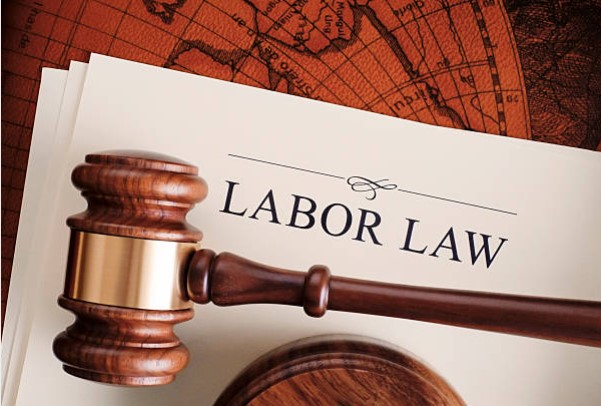One of the objectives of the Labour Act (Chapter 28:01) is to advance social justice and democracy in the workplace by securing the just, effective and expeditious resolution of disputes and unfair labour practices.(Section 2A(1)(f).
In line with this objective, the Act frowns upon litigants who sit on their disputes or unfair labour practices in perpetuity without it being brought before dispute adjudicators.
Section 94(1) of the Act deals with that aspect. It provides as follows;
“Prescription of disputes
(1) (1) Subject to subsection (2), no labour officer shall entertain any dispute or unfair labour practice unless—
- it is referred to him; or
- has otherwise come to his attention; within two years from the date when the dispute or unfair labour practice first arose.
(2) Subsection (1) shall not apply to an unfair labour practice which is continuing at the time it is referred to or comes to the attention of a labour officer.”
The statutory provision is very categorical that the Labour Officer (Designated Agent) shall not entertain a dispute or an unfair labour practice unless if it is referred to him within two years when the dispute or unfair labour practice first arose.
The question is when a dispute is said to have arisen?
The Labour Act states as follows in Section 93 (3);
“For the purpose of subsection (1), a dispute or unfair labour practice shall be deemed to have first arisen on the date when— the acts or omissions forming the subject of the dispute or unfair labour practice first occurred; or
(b) the party wishing to refer the dispute or unfair labour practice to the labour officer first became aware of the acts or omissions referred to in paragraph (a), if such party cannot reasonably be expected to have known of such acts or omissions at the date when they first occurred”
It is submitted that in crafting Section 94(2) of the Labour Act, the legislature acknowledges that there are instances where a party cannot reasonably be expected to have known of such an act or omission on the date when it first occurred thus the date to be considered will be when the party got to know about the act or omission even when the date is outside the two year prescription.
It is paramount that litigants who intend to prosecute labour disputes or unfair labour practices raise them as soon as they are arise or at least before expiry of two years, otherwise the disputes will suffer a technical knockout as the respondent will be entitled to raise the plea of prescription when faced with a prescribed claim of unfair labour practice.
In City of Gweru v Munyari SC 15/05 the Supreme Court frowned upon a claim which had been brought outside the prescribed period in terms of Section 94(1) of the Labour Act.
The contents of this article are for general information purposes only and do not constitute our legal or professional advice. We accept no responsibility for any loss or damage of whatsoever nature which may arise from reliance on any of the information published herein.
Copyright © Marume & Furidzo Legal Practitioners 2019



